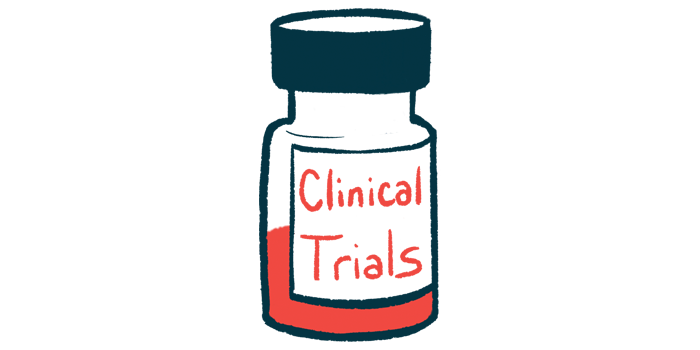Trial of Supplement Nicotinamide Riboside to Include Extension Study
NOPARK trial assessing effectiveness of NR with Parkinson's disease

An open-label extension study has been launched for NOPARK, a placebo-controlled Phase 2 clinical trial that’s assessing the effectiveness of nicotinamide riboside (NR) with Parkinson’s disease.
NR is the active ingredient of Niagen, a dietary oral supplement that ChromaDex markets to promote “healthy aging.” Dietary supplements, unlike traditional medications, generally don’t need to prove their effectiveness before they can be legally sold.
NR capsules in both NOPARK (NCT03568968) and its extension study (NCT05546567), as well as placebo capsules in the former, are being provided by ChromaDex.
NR is a modified form of vitamin B3 that cells can use to make nicotinamide adenine dinucleotide (NAD), a molecule that’s essential for energy production. Impairments in cellular energy production and metabolism have been implicated in developing Parkinson’s and other neurological diseases.
As such, boosting NAD levels is expected to help normalize energy production and protect nerve cells from damage in these conditions.
An earlier Phase 1 trial called NADPARK (NCT03816020) tested NR supplements against a placebo in 30 people newly diagnosed with Parkinson’s. The supplement boosted NAD levels and improved metabolism in the brain, results showed.
The results prompted the launch of the Phase 2 NOPARK trial to confirm its benefits in a larger patient population. The study is recruiting up to 400 adults with Parkinson’s who are on stable symptom-controlling therapy at several sites in Norway.
Participants are being randomly assigned to receive either 1,000 mg of NR or a placebo, taken daily for a year. The study’s main goal is to assess the effect of the supplements on disease progression, as measured via the Movement Disorder Society Unified Parkinson’s Disease rating Scale. The treatment’s effect on NAD metabolism will also be assessed.
Those who complete the study will have the option to enroll in an open-label extension study, wherein all will be given 1,200 mg of NR daily for up to three years. This will provide information on its long-term safety and effectiveness.
Haukeland University Hospital, Norway is the sponsor of all three clinical trials.
The slightly higher dose of NOPARK’s extension study is because ChromaDex’s Niagen supplement is now commercially available in 300 mg capsules that cannot be divided. The previous formulation used in NOPARK contained 250 mg.
Based on safety and efficacy data of NR in Parkinson’s patients, the 1,200 mg dose is expected to be “both safe and of a higher potential benefit to patients,” according to the extension trial’s page.







